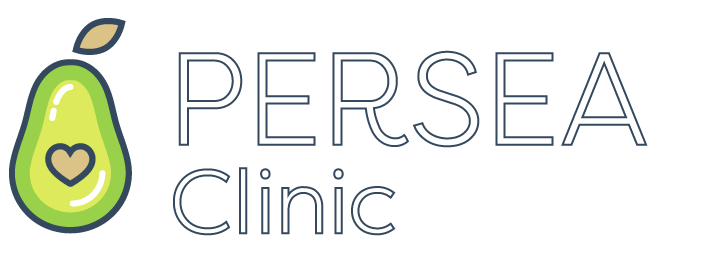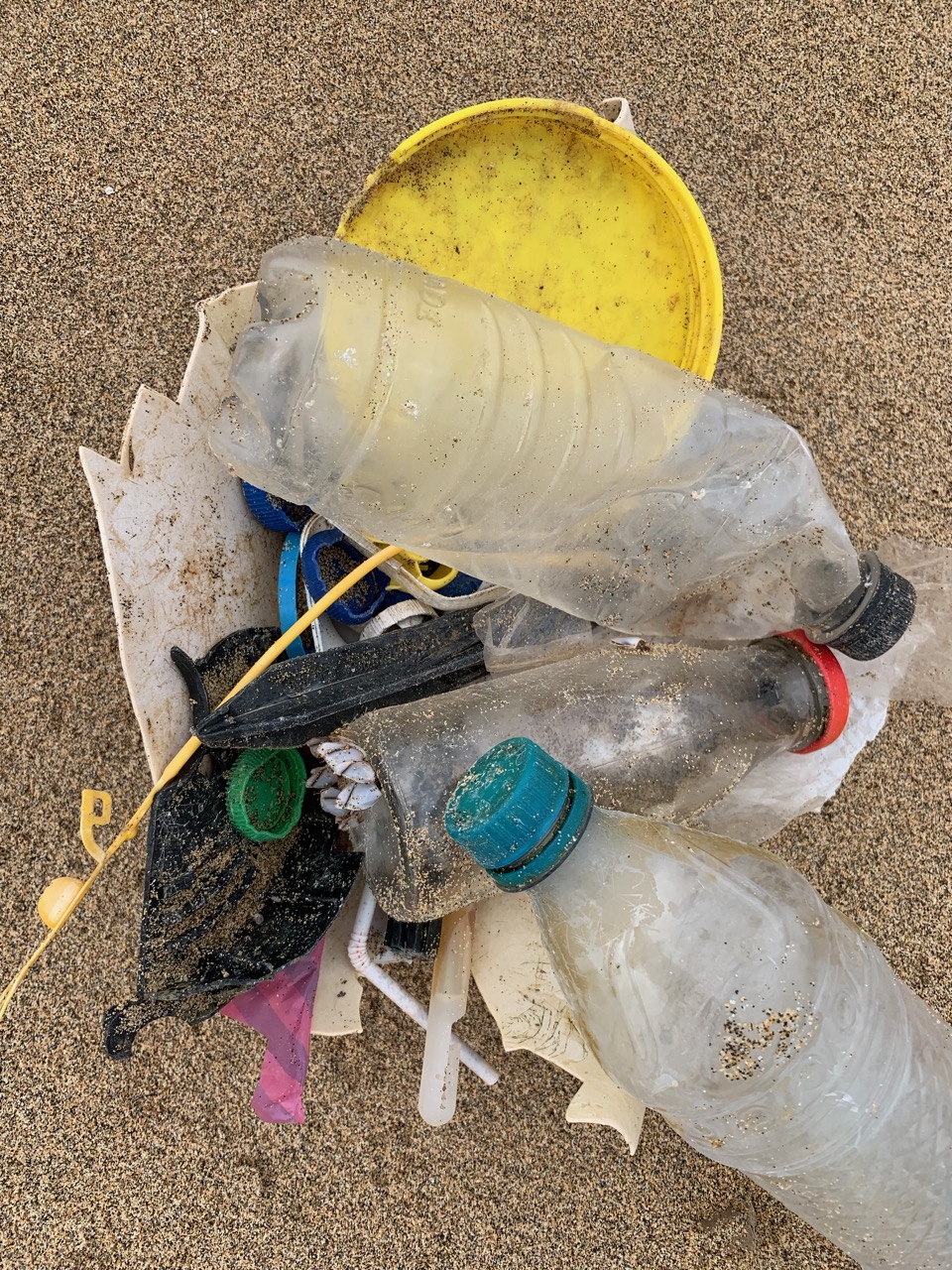Being a busy mum sometimes means skipping breakfast in order to make the school run in the morning. However, in the long run this can result in fatigue and a constant lack of energy.
Chronic fatigue, afternoon energy slumps, a reliance on stimulants such as coffee, nicotine or sugar and morning tiredness are just a few symptoms which may be linked to imbalanced blood sugar.
Insulin controls our blood sugar (glucose) and how much of it is turned into cellular energy. Certain foods that we eat such as carbohydrates are broken down by our body into simple sugars which are used as a fuel for our body. When our diet consists predominantly of carbohydrates and simple sugars or when we skip our meals it can trigger blood glucose fluctuation.
High blood sugar in the body triggers a frequent release of insulin and over the time it can cause diabetes and insulin resistance http://www.nutritionalhealthcare.co.uk/blood-sugar-imbalance. High blood sugar can result in the symptoms such as: blurred vision, mood swings, an excessive first, frequent urination and in a long term vaginal and skin infections, worse vision and intestinal issues such as: diarrhea or constipation.
On the other side starving our body of a sustainable energy source throughout the day may result in low blood sugar levels and subsequently unexpected cravings for sugar to get you through the day!
Raised blood sugar can be noticed after eating a meal, and drops when we skip meals or when stimulants such as caffeine, sugar, alcohol or cigarettes wear off.
When our blood sugar is low we may experience symptoms of tiredness and fatigue, difficulty to concentrate, lack of coordination, PMS, clammy skin, chills, irritability, lack of motivation, disturbances at night and even dizziness.
Many of us (including me!) are familiar with 3 o’clock trips to the vending machine to pick up a sugary snack! Sadly, this quick boost of energy doesn’t last long. When blood sugar drops our body send signals to our brain to request more energy – and we feel very tired and fatigued, shaky with a tendency to wake up during the night. We then tend to reach for a product high in sugar, refined carbohydrates or other stimulants to keep us going for the rest of the day.
Ongoing blood sugar imbalance can cause physical stress which stimulates the release of stress hormones: cortisol and adrenaline. Increased levels of cortisol in a long run can lead to elevated blood sugar levels which eventually may result in Type 2 Diabetes.
Ongoing blood sugar fluctuations and poor sources of energy can cause physical stress resulting in a “fight or flight” response that stimulates the release of stored glucose into our blood stream, pushing it into the most affected areas such as our muscles and brain. Fluctuations in one’s blood sugar may eventually overtax our adrenal glands causing our adrenals to produce inadequate amounts of cortisol and struggle to maintain equilibrium in our body and its ability to efficiently respond to stressors. Food Science, Nutrition & Health Fox and Cameron’s 7th edition. High blood glucose levels and insulin suppression may trigger the cells starvation of glucose. In a result the hunger signals are send to the brain by the cells and as a consequence leads to overeating. The remaining of unused glucose are stored as body fat. Studies suggest that Cortisol may also effect the appetite and high-calorie food cravings by connecting to hypothalamus receptors in the brain. Epel E, Lapidus R, McEwen B, Brownell K. Stress may add bite to appetite in women: A laboratory study of stress-induced cortisol and eating behavior. Psychoneuroendocrinology. 2001;26(1):37-49.
So what to do to keep your blood glucose levels in a ‘tip top’ state?
Here are a few tips: eat at least an hour after waking up - yes it can be a difficult task when you have a house full of little people! However, you can prepare for this - write down a few ideas of your ideal breakfast and start prepping the day before. I make my protein shake/smoothie (protein powder, nut butter, raw cacao, avocado, nut milk) the night before so it is ready for a quick swoosh in the morning. Make some nut energy balls (watch how much dried fruit you put in as they are high in sugar!) on the weekend and freeze them. You can quickly defrost them while you getting your children ready for school. Eggs, scrambled or boiled (prepare the night before and keep it in the fridge) with chives and a slice of pumpernickel (or rye) bread are quick and super easy to make and provide a good source of protein and complex carbohydrate; and when you are really out of time – a 2 egg omelette with some spring onions or a few slices of pepper or some spinach (if your kids pull faces at it blend it into the pancake/crep batter) will do a trick! Sprinkle some cinnamon on the pancakes or add a teaspoon to smoothies - studies suggest that 1-6g of cinnamon a day taken for 40 days may help to reduce high blood sugar by 24%.
Healthy snacking on nuts or seeds, eggs, lean meat, fish, pulses i.e. beans, chickpea and legumes are rich in protein, complex carbohydrates and good fats (Omega 3) helps to reduce unhealthy cravings and will make you feel more satisfied and fuller for longer. Avocados, olives, olive oil, some seeds and nuts i.e. walnuts, sunflower seeds are also a great source of good unsaturated fats providing sustainable boost of energy.
A tip for busy mums – If you have no time to eat in the morning or in between the school run – put some nuts, seeds, oatcakes/buckwheat crackers or protein bar such as High Protein/low sugar, Carb Killa’ into your bag the night before and every time you feel hungry, have a palmful of nuts/seeds or couple of buckwheat crackers/oatcakes while you are waiting outside the school! Don’t skip your meals and this will help you to keep your blood sugar levels stable for the whole day!
🥑







